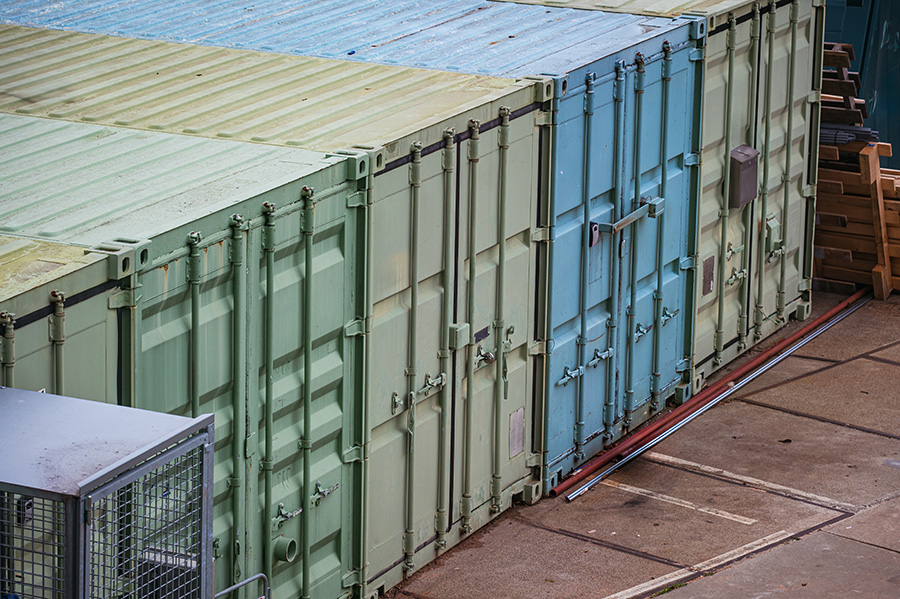FSU expert available to discuss tariffs and their economic effects

As the United States prepares for the presidential inauguration on Monday, Jan. 20, speculation grows on which domestic and international policies will go into effect.
One of the most discussed issues on America’s economic forefront is the levying of tariffs. The tax on imported goods is debated by many economists on what its true impact is on the U.S. economy and what it means for consumers, workers, families and businesses domestically and abroad.
Florida State University DeVoe L. Moore Professor of Economics Randall Holcombe is an expert on the effect of government activity on economic growth. He has broad insight into the economy, politics, elections, law, criminology and terrorism.
Holcombe has authored several books, research papers, government publications and academic and professional journals. He served on former Florida Governor Jeb Bush’s Council of Economic Advisors from 2000 to 2006 and is the former president of the Public Choice Society and the Society for the Development of Austrian Economics.
Media inquiring on expert discussion surrounding tariffs can reach out to Professor Holcombe via email at holcombe@fsu.edu.
Randall Holcombe, FSU DeVoe L. Moore Professor of Economics
When countries issue tariffs, what are they aiming to accomplish?
Tariffs are used to protect domestic producers from foreign competition.
Throughout the course of U.S. history, how often have tariffs been used?
Prior to the establishment of the federal income tax in 1913, tariffs were the primary source of revenue for the federal government. Since then, they have been used periodically to shield domestic producers from foreign competition. Because they inhibit foreign trade, they reduce exports as well as imports. The Smoot-Hawley tariffs during the Great Depression are considered by many economists to have contributed to the length and severity of the Depression.
What can be the economic positives and negatives of tariffs?
Because they are a tax on imports, tariffs raise the price of imported goods, making them more expensive for domestic consumers. They also enable domestic producers to raise their prices because they are shielded from foreign competition. Because tariffs reduce the volume of imports, they send fewer dollars overseas that foreigners can use to buy American goods, so they also reduce the volume of our exports. As a result, they may protect some jobs but also reduce employment in exporting firms elsewhere in the economy.
The post FSU expert available to discuss tariffs and their economic effects appeared first on Florida State University News.
Latest FSU News
- New Campaign Urges FSU Students to Keep Their Heads UpThe post New Campaign Urges FSU Students to Keep Their Heads Up appeared first on Florida State University News.
- Behind the Scenes: ACC Inventure PrizeThe post Behind the Scenes: ACC Inventure Prize appeared first on Florida State University News.
- Stay Sharp: Learn Something New with Olli at FSUWant to stay sharp? Continuing to learn throughout our lives stimulates our brains and helps us stay mentally agile, according […] The post Stay Sharp: Learn Something New with Olli at FSU appeared first on Florida State University News.
- Faculty and Staff Briefs January 2025Florida State University’s faculty and staff are central to its mission and the key to its countless accomplishments. Throughout the […] The post Faculty and Staff Briefs January 2025 appeared first on Florida State University News.
- Head of Nobel Peace Prize-winning human rights organization to visit FSUOleksandra Matviichuk, one of the most prominent human rights defenders in Ukraine and head of the Center for Civil Liberties […] The post Head of Nobel Peace Prize-winning human rights organization to visit FSU appeared first on Florida State University News.
- Student Star: Urielle LaurentThe post Student Star: Urielle Laurent appeared first on Florida State University News.







